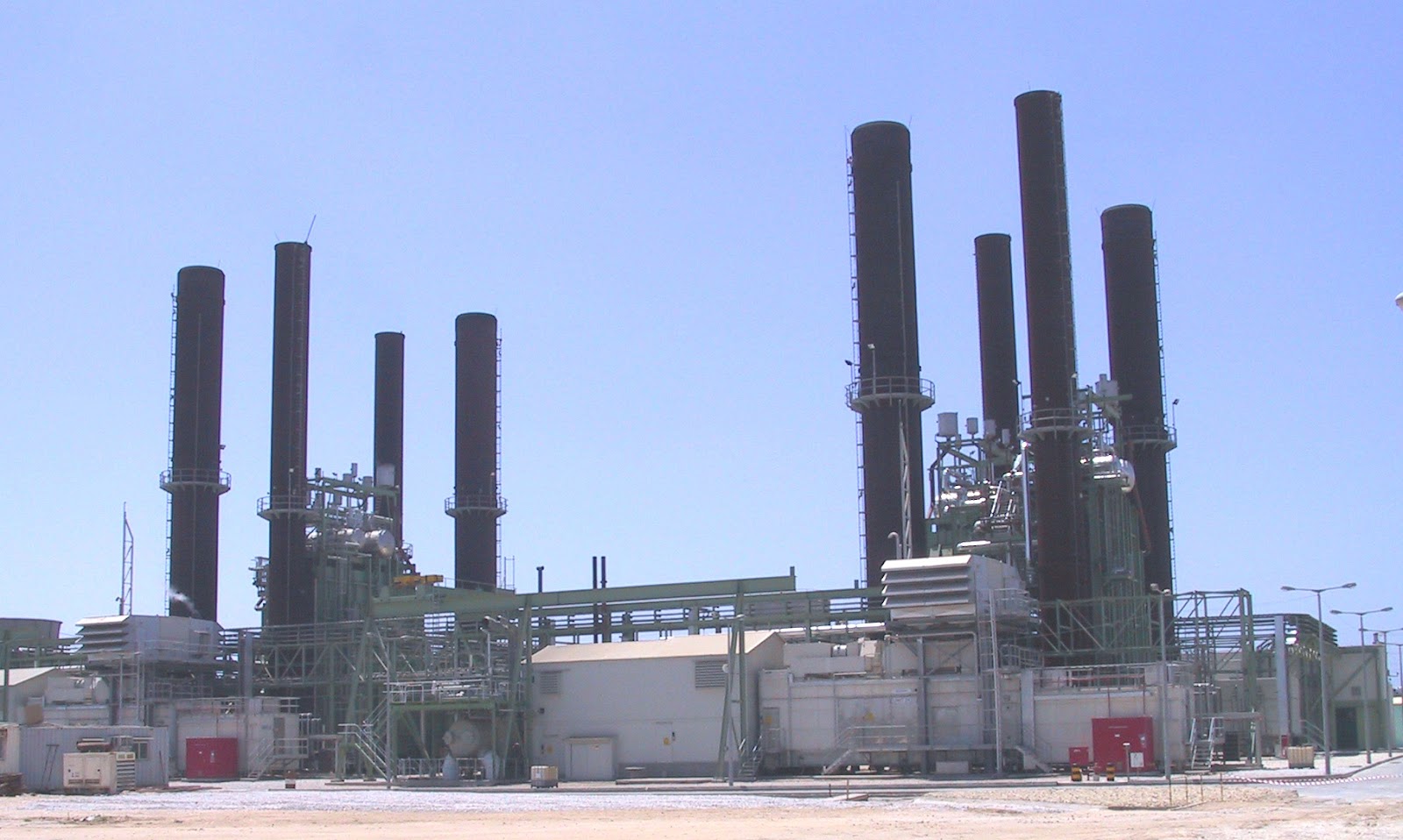David Lipton, first deputy managing director of the International Monetary Fund (IMF), said that Egyptian authorities wisely implemented the country’s energy reform, adding, “four years ago, there was a huge amount of fuel subsidy expenditure, but the government decided to get out of the subsidies frame.”
Lipton noted, during a Monday lecture held at the American University in Cairo, that the local authorities decided to protect the most vulnerable citizens through a social safety net while implementing the reform programme.
Subir Lall, head of the IMF’s Egypt mission, and Reza Bakir, senior resident representative for Egypt, were among the attendees.
Lipton said that depending more on energy subsidies led to three major destructive effects: exhausting state revenues, overstatement of consumption, and a big portion of government expenditure being spent that could have otherwise gone to education and health.
He noted that the high-income classes benefitted from about 60% of the subsidies, which led to disadvantaging low-income citizens, according to a previous study by the World Bank.
“The government understood that when you buy a certain commodity, you will have to pay for it,” said Lipton, noting that paying the real prices will help support the poorest members of society.
The Egyptian Armed Forces was a guarantor of the country’s security, as it executed several infrastructure projects, noted Lipton.
The government should encourage the private sector’s investments in industry and agriculture, while the authorities should concentrate on security, solidity, and infrastructure projects, said Lipton.
The private sector is the way to offer large-scale job opportunities that will not be offered through the government, said Lipton, noting, “creating a more competitive climate will help a lot; the government’s roles should be clear.”
“No one will mull investing in the energy sector while knowing that he will compete with the government,” added Lipton, emphasising the importance of license clearances.
Meanwhile, Lipton said that Egypt enjoys financial stability and flows that led to high net foreign reserves at the Central Bank of Egypt, which will help face any future challenges, including a global economic slowdown.
The first phase of Egypt’s reform created a stable base for sustainable economic growth, said Lipton, noting, “we should not diminish the accomplishments that were done until now.”
Lipton added, “the difference between the current economic programme and the past cooperation is that the political leadership and the local authorities decided to face the economic issues with strong measures that can pull the country out of its problems.”




